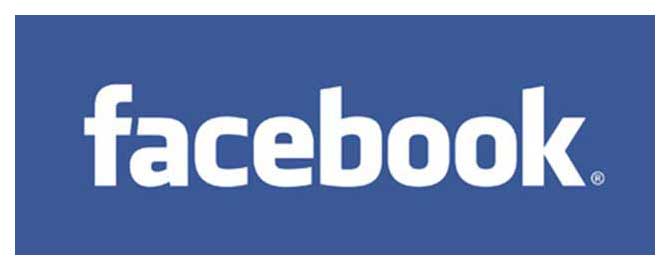危 wēi danger
Many technology startups, particularly social networks, are heavily dependent on network effects (the phenomenon whereby a service becomes more valuable as more people use it, thereby encouraging ever-increasing numbers of adopters). This makes it very challenging to attract the first users to the system because they see relatively few benefits until others join. When Facebook was launched in February 2004 by Harvard undergrad students as an alternative to the traditional student directory it faced exactly this challenge, how would it get to critical mass?
机 jī opportunity
Facebook overcame this challenge because it tapped into an existing offline community – Harvard University students. And that group had a real need – it was difficult for them to meet fellow students outside their social groups. The most pressing need to meet students came from those searching for dates – the group that became the system’s earliest adopters. Facebook initially only allowed students with a Harvard email address to use the site, and then opened it up to other Ivy League schools. This enabled the startup to control its growth and in the process made it more aspirational to the wider population. Since launch it has grown to more than 400 million active users, with over 50% logging in on any given day. Profits are believed to exceed $1bn per year.
I noticed that for the week ending March 13th 2010, Hitwise said that for the first time more Americans typed Facebook into their browser than Google. It made me wonder if Google’s algorithms for search are being disrupted by different types of recommendation engines – if Facebook can harness its community to offer ‘discovery’ it might become the search engine of choice.
How About…
- Piggy-backing off an existing offline (or online) community?
- Initially targeting those that are likely to be influencers for other groups in due course?
—
